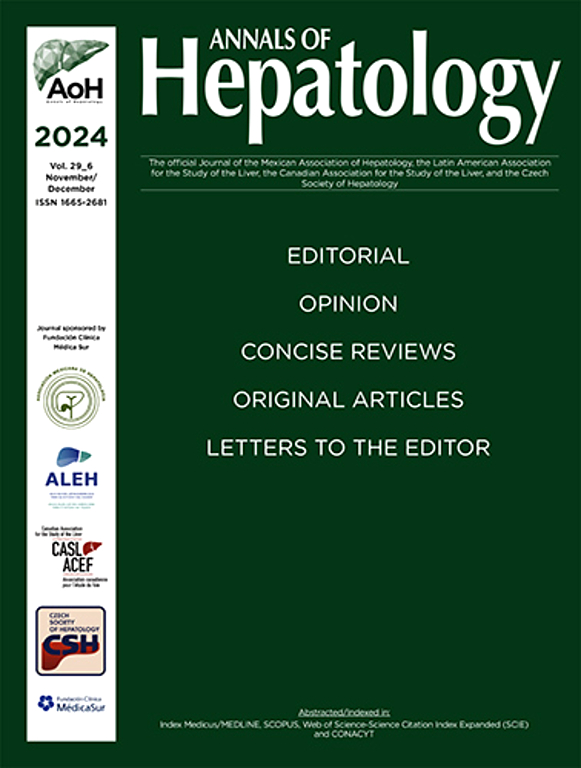免疫治疗后肝癌的治疗。
IF 3.7
3区 医学
Q2 GASTROENTEROLOGY & HEPATOLOGY
引用次数: 0
摘要
免疫疗法彻底改变了晚期HCC的治疗前景,延长了反应时间,提高了生存率。有了这些结果,一个紧迫的问题出现了:第一线免疫治疗后的最佳治疗是什么?尽管免疫疗法有好处,但大多数患者会在6个月内出现疾病进展,并需要后续治疗。国际指南推荐在免疫治疗进展后使用二线多激酶抑制剂;然而,这一建议主要基于专家共识,而不是高质量的证据。然而,实际数据表明,这些药物在作为一线治疗时表现出相似的疗效和安全性。相反,尚不清楚进展后继续免疫治疗是否有益。在某些情况下,加入抗ctla -4作为挽救治疗已显示出有效性。分子导向疗法也进行了测试,显示出一些初步的希望,但需要进一步的数据来证实这种方法的益处。新出现的证据表明,经历少进展的患者在继续免疫治疗的同时可能受益于局部或局部治疗。在这篇综述中,我们将讨论一线免疫治疗进展后的治疗策略。本文章由计算机程序翻译,如有差异,请以英文原文为准。

Treatment for hepatocellular carcinoma after immunotherapy
Immunotherapy has revolutionized the treatment landscape for advanced HCC, resulting in prolonged response and improved survival. With these results, a pressing question arises: what is the optimal treatment following first-line immunotherapy? Despite the benefits of immunotherapy, most patients will experience disease progression within six months and will require subsequent therapies. International guidelines recommend second-line multi-kinase inhibitors following progression on immunotherapy; however, this recommendation is primarily based on expert consensus rather than high-quality evidence. Nevertheless, real-world data indicate that these agents demonstrate similar efficacy and safety when used as first-line treatments. Conversely, it remains unclear whether continuing immunotherapy after progression is beneficial. In some cases, adding anti-CTLA-4 as salvage therapy has shown effectiveness. Molecular-directed therapies have also been tested, showing some initial promise, but further data is needed to confirm the benefits of this approach. Emerging evidence suggests that patients experiencing oligoprogression may benefit from local or locoregional therapies while continuing immunotherapy. In this review, we will discuss treatment strategies following progression after first-line immunotherapy.
求助全文
通过发布文献求助,成功后即可免费获取论文全文。
去求助
来源期刊

Annals of hepatology
医学-胃肠肝病学
CiteScore
7.90
自引率
2.60%
发文量
183
审稿时长
4-8 weeks
期刊介绍:
Annals of Hepatology publishes original research on the biology and diseases of the liver in both humans and experimental models. Contributions may be submitted as regular articles. The journal also publishes concise reviews of both basic and clinical topics.
 求助内容:
求助内容: 应助结果提醒方式:
应助结果提醒方式:


